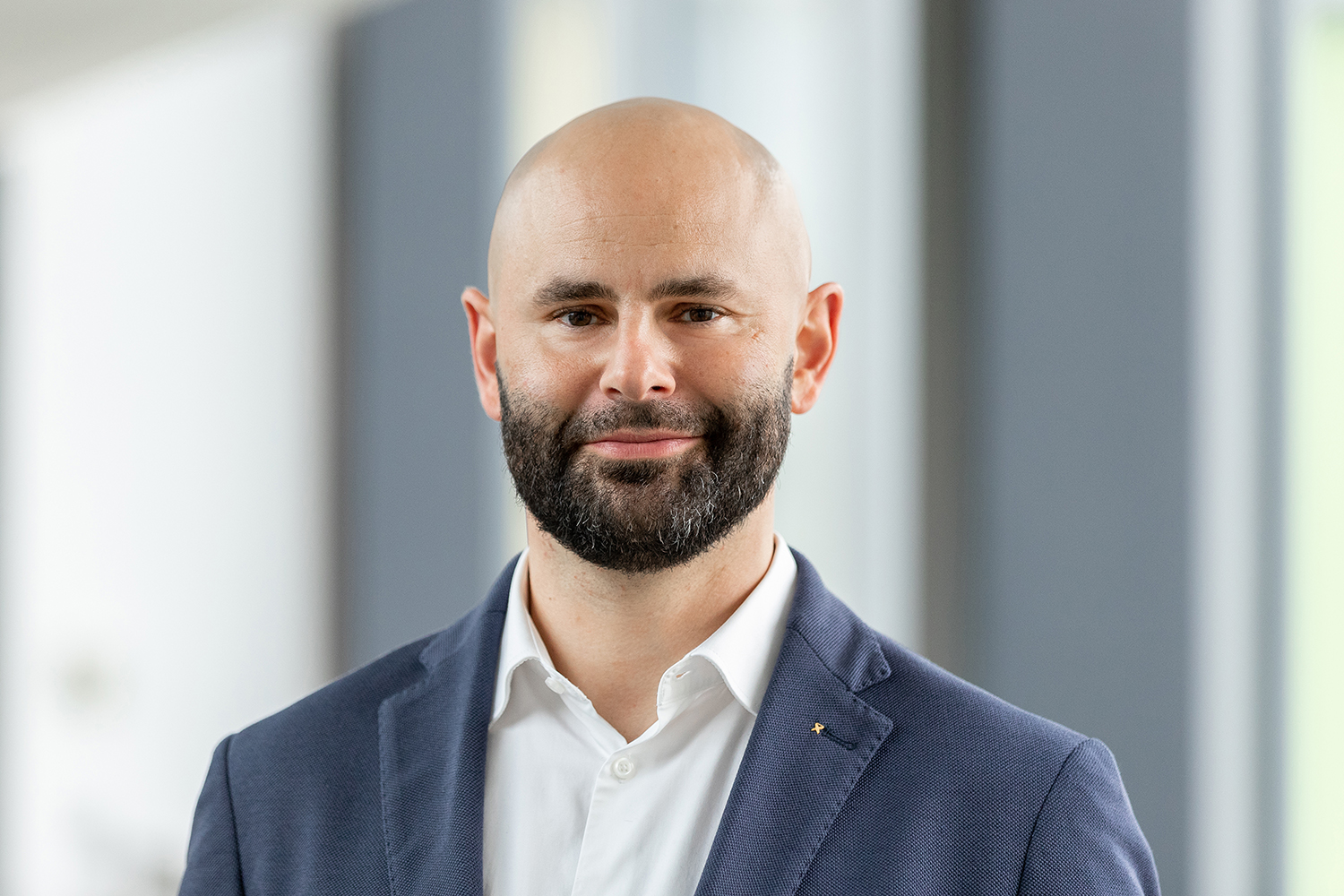“My goal is to discover beauty and complexity in the world that surrounds us” Prof. David Rival heads the Institute of Fluid Mechanics
His research approach: David Rival observes nature – such as the flight of birds in gusty currents – in order to improve aerodynamic problems for humans. He aims to overcome or bridge the traditional boundaries between disciplines. Prof Rival accepted the appointment at TU Braunschweig in July 2023. He heads the Institute of Fluid Mechanics.
Prof. Rival, why did you choose TU Braunschweig?

Prof. David Rival. Picture credits: Kristina Rottig/TU Braunschweig
Fluid Mechanics and specifically aerodynamics has a very long and storied history in Braunschweig, and thus it is a great honour to be part of such an excellent team of engineers and scientists. In particular, the concentration of talent, world-class experimental facilities, and industry R&D, all so close together, provides for an excellent collaborative environment. For this, I am both thankful and excited about many future opportunities.
What exactly do you research? How would you explain your work to a person not familiar with the subject?
From a young age I have always had a passion for nature. Therefore, I will typically look at problems through the lens of biology (evolution) first. Thus, my interdisciplinary approach to research, whether I am comparing and contrasting avian flight in gusty flows to improve human-centered aerodynamics problems, or perhaps examining cardiovascular systems in biology and medicine to develop novel clean energy storage systems. In all cases I have looked to fill in gaps between traditional scientific silos.
What are the main research areas and projects you will be working on at TU Braunschweig?
Slowly but surely my research group and I have been developing a number of experimental techniques relating to large-scale measurements in the atmosphere. I hope to pursue these problems further so as to extract information pertinent to the operation of wind turbines, drones and in some cases even aircraft in gusty environments.
New insights into atmospheric mixing will also help understand processes and the impact of climate change.
I also hope to continue with my study of the origins of swimming and flying through a paleontological lens, i.e. how did the first fish move, how did they evolve, and what can we learn from their development over time to better design and operate autonomous vehicles in both the seas and atmosphere today?
What does your daily work routine look like?
My goal each and every day is to discover beauty and complexity in the world that surrounds us. Typically there are many more questions than answers. This philosophy to ask challenging questions is inspired by my children, and in turn, I try to share this thirst for knowledge during my lectures, with my graduate students, fellow researchers etc.
